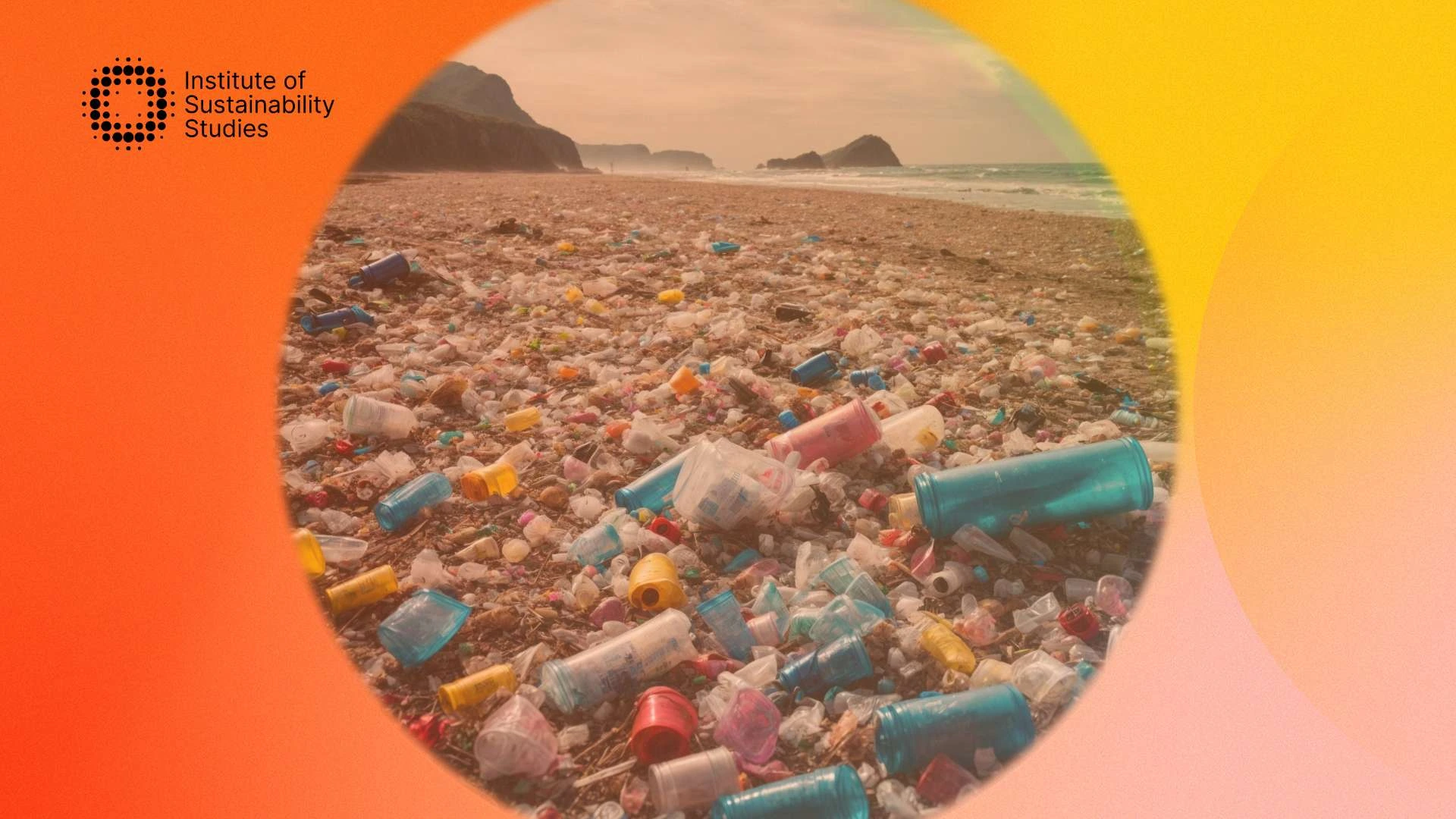The Broadcast Committee of Advertising Practice (BCAP) and the Committee of Advertising Practice (CAP) have released updates to their advertising guidance. The stricter standards intend to help marketers and agencies better communicate with consumers to be more transparent and less misleading.
Advertising plays a significant role in influencing consumer behaviour, and with the climate crisis being so urgent, consumers need to feel confident they are making the right decisions.
The guidance, which is titled ‘The environment: misleading claims and social responsibility in advertising’, includes guidance on the use of net zero and carbon neutral claims in advertising. It is consistent with the main ideas of the Competition and Markets Authority’s recommendations for sustainability claims on goods and services.
Why have they created stricter standards?
The simple answer is that deceitful marketing practices like greenwashing are on the rise in response to the increased interest in responsible products and services. In 2021, ASA carried out research, and its Climate Change and the Environment project uncovered several interesting insights.
One thing they identified is that terms like ‘net zero’ and ‘carbon neutral’ is becoming increasingly prevalent, which presents a potential for them to mislead customers. The research also suggests there is a broad spectrum of customer engagement on sustainability, and this influences their understanding of and reaction to environmental claims.
Net zero and carbon neutral were found to be the most commonly encountered claims, however, it was also identified a lot of consumers do not understand what these terms mean. Due to this, there were calls for significant reform to standardise and simplify the definitions of these terms. In addition, the net zero claims to be policed by an official body like the government.
The participants involved in the research often believed carbon neutral claims meant carbon emissions had been reduced or would be reduced in the near future. Businesses claiming to become carbon neutral generally referenced offsetting and customers typically felt they had been misled by brands and businesses. Claims in energy, air travel, and automotive advertising, in particular, gained more attention, and when offsetting efforts were shared, consumers were left with disappointment.
It’s not surprising carbon offsetting is being met with skepticism from consumers. While it can help businesses to take some climate action, it is just a piece of the puzzle when it comes to tackling carbon emissions and environmental footprint. The research found participants want transparency, even with offsetting efforts, about the positive impact of this and target dates in ads.
What does the updated guidance include?
The updated guidance involves many things, such as avoiding using unqualified carbon neutral, net zero or similar environmental claims. Information should be offered that explains the basis for these claims to help consumers better understand. Marketers must also offer accurate information concerning whether they are actively reducing emissions or are basing their claims on offsetting.
Additionally, claims based on offsetting should comply with the general standards of evidence and information about the scheme they are using should be offered. Finally, where it is needed to provide qualifying information concerning a claim, that information should be close to the main aspects of the claim for consumers to see before they make any decisions.
Summary
Following the updated guidance, ASA will be carrying out monitoring for up to six months, through which they will assess the impact of the guidance on these claims in advertising. They will also assess whether the claims are being substantiated. The ultimate aim will be to improve transparency for consumers and hold businesses making claims and pledges more accountable to their commitments. This will help them better their efforts at achieving climate goals and putting climate change on their priority list.
To ensure your claims are clear, credible, and compliant, gain the expertise needed to navigate this evolving landscape. Enrol in our net-zero course and equip your team with the knowledge to communicate your net-zero strategy transparently and effectively.
Dedicated to harnessing the power of storytelling to raise awareness, demystify, and drive behavioural change, Bronagh works as the Communications & Content Manager at the Institute of Sustainability Studies. Alongside her work with ISS, Bronagh contributes articles to several news media publications on sustainability and mental health.
- Bronagh Loughlinhttps://instituteofsustainabilitystudies.com/insights/author/bronagh/
- Bronagh Loughlinhttps://instituteofsustainabilitystudies.com/insights/author/bronagh/
- Bronagh Loughlinhttps://instituteofsustainabilitystudies.com/insights/author/bronagh/
- Bronagh Loughlinhttps://instituteofsustainabilitystudies.com/insights/author/bronagh/









